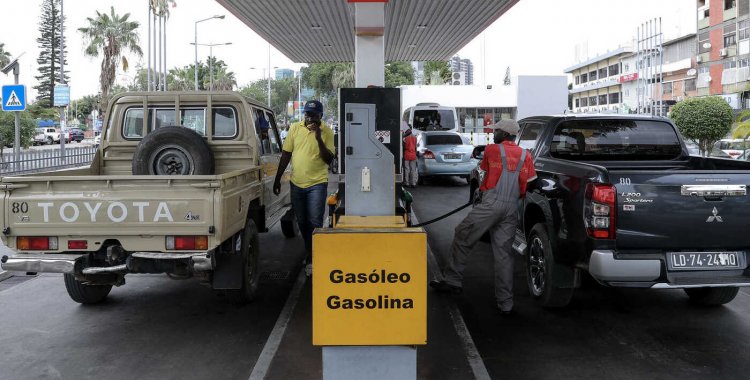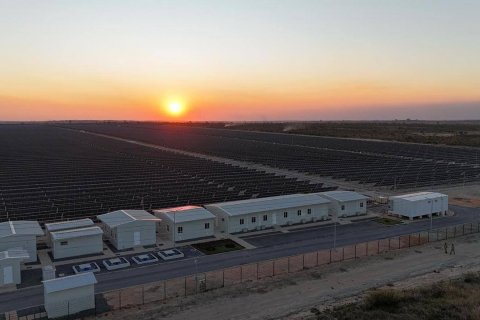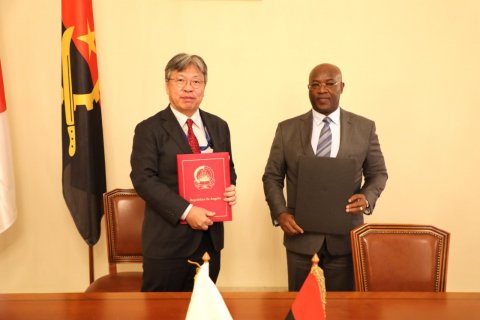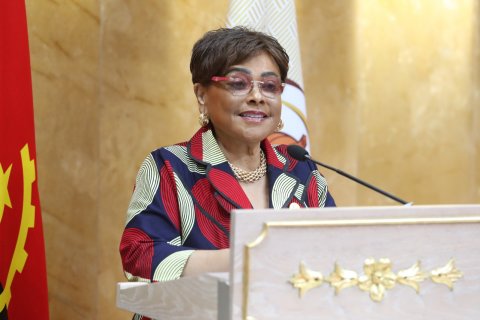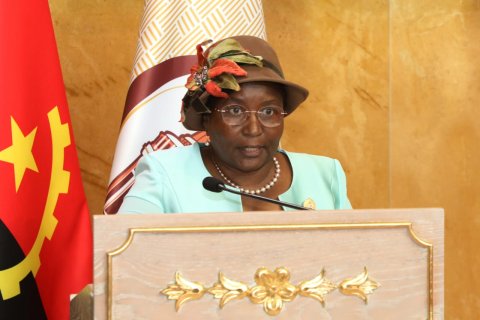Victor Duarte Lledo said that the success of this process depends on the adoption of mitigation measures, which in the case of Angola is basically the expansion of the Kwenda direct transfer system, a program run by the Angolan executive that aims to create policies to support the poorest and most vulnerable families.
"It is very important that this process continues, that it is comprehensive, that it includes communities as well as urban communities", highlighted the person responsible, defending that the distribution covers the most vulnerable sections of the population.
In turn, the deputy director of the IMF's African department, Cathy Pattillo, highlighted communication, transparency "and convincing people that the money saved will be used for something that benefits them" as the main success factors for the process.
Last June, the Government removed the gasoline subsidy, a process whose implementation will be gradual, with the President, João Lourenço, reaffirming that it will continue "smoothly and gradually", because the situation is "unbearable for any economy".
Cathy Patillo stressed that this is a complex political reform, noting that some countries decide to withdraw suddenly and others opt for a more gradual process.
"One thing that is common in these reforms is to look at the various products differently, attack products consumed by families first, and other products, such as illuminating oil, are done later and make sure that everything is done so that Monetary transfers are made to actually compensate for the removal of these subsidies, therefore, the pace depends greatly on the product", he highlighted.
The head of the Regional Studies Division of the IMF's African Department, Luc Eyroud, reinforced that the financial institution's advice is not just how to implement it, but that it should be done when the social protection system is guaranteed.
According to Victor Duarte Lledo, in the specific case of Angola, the process must be gradual, because there is a need to get "the social protection system working well".
"One thing that is very important in the next phases is good communication as well. It is super important to continue communicating to the public in general why they are being eliminated, how costly fuel subsidies are, because of the fiscal space they take away from the social area – in In Angola, the subsidy is above education and health – this is something that has to be emphasized", he declared.
Regarding Angolan economic growth for 2024, whose government prospects point to 2.8 percent, Victor Duarte Lledo said that he is under reassessment, remembering that 2023 was not very easy due to the drop in expectations for national oil production, "which lasted a little more than expected", with effect in 2023.
"Since our article four, we have already revised the 2023 growth downwards. Our expectation is that in 2024 – as this is an economy in which oil is a very strong force and has an impact not only on the oil sector but also on the Non-oil GDP – the normalization of domestic [oil] production will help the resumption of growth, both in the oil and non-oil sectors", highlighted the official, who preferred not to provide a specific number.
Regarding inflation, Victor Duarte Lledo said that, in 2024, due to the continuation of the process of removing fuel subsidies, it will generate an increase, which should "cool down later".
"From our perspective, after 2024 the tendency is exactly for inflation to begin to decline, within the assumption that monetary policy will react and contain the second round of shocks", he stressed.
According to the IMF representative for Angola, monetary policy must remain vigilant to price developments, to avoid a rise in inflation, and it is "very important to maintain this vigilance and not let our guard down until we see that it is in a position that tends to decline".
The proposed General State Budget for 2024, already delivered to the National Assembly, forecasts inflation for next year at 16.6 percent.

